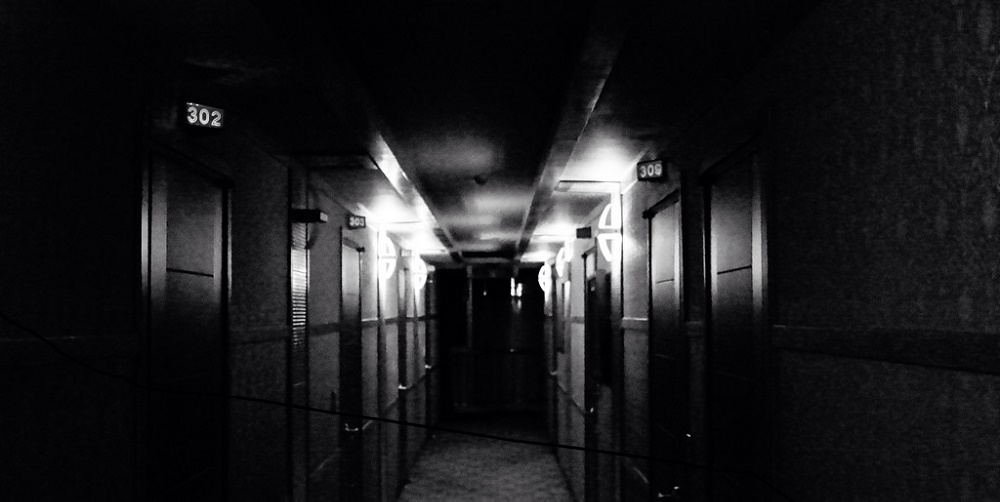Homes and hotels
“If there is a collective identity society is a home. If you have multiculturalism, society is a hotel,” Chief Rabbi Lord Sacks told Newsnight last week, echoing remarks he has been making for years. The centre-left has long regarded it...
“If there is a collective identity society is a home. If you have multiculturalism, society is a hotel,” Chief Rabbi Lord Sacks told Newsnight last week, echoing remarks he has been making for years. The centre-left has long regarded it as “very impolite to have a national identity”, as Lord Sacks puts it, and now the centre-left may very well soon be history.
It is clear that multiculturalism and immigration are not the sole causes of people’s declining sense of collective identity and belonging. It is also clear that, outside of some select areas in London and other metropolitan cities, they have played a role in the decline.
Regardless, the metaphor of homes and hotels is a striking one, and worth dwelling on for reasons that go beyond the debate over immigration and multiculturalism. An explanation for a great deal of social unease, from the rise of the far-right to our mental health epidemic, traces plausibly on this polarity.
To the transient metropolitan, whose ‘openness to experience’ perhaps renders them constitutionally disinclined to dwell too long in one place, a hotel may be no bad place to live. There are a huge range of languages, cultures and cuisines on their doorsteps and when they get tired of one hotel they can simply up sticks and leave. They don’t need to know their neighbours, because they’re a global citizen who feels no greater sense of attachment for those with whom they share a country than those on the other side of the world. A culture that is shared is boring and conformist; postmodern pick and mix culture offers true freedom to them, the best of every world, a life of endless honeymoons without the marriage, to paraphrase G.K. Chesterton.
But to many others there is no replacement for society as home, and it is doubtful whether a society which does not resemble a home can sustain itself at all. The encroachments on society as home can be broadly grouped into two categories.
The first is what French anthropologist Marc Augé coined in 1992 as ‘non-places’. He wrote particularly about airports, but also about hotels. The concept is equally applicable to many of the chains that have undermined the quirk of the high street. These non-places were, for Augé, spaces that have no specific reference to tradition, identity or a particular culture. You could be in an airport almost anywhere around the world, sat, let’s say, at a chain coffee shop with inoffensive muzak playing over the hum of the air-con, and there would be nothing in that moment, in that space, that denoted any particular place in the world with an attendant meaning, history and tradition.
Language functions in the airport not as a means to engender familiarity and create a world in common, but to relay a specific and uniform instruction, applicable equally and in the same way to all, endlessly repeatable. This kind of space provides a certain comfort, but not a home comfort because the airport’s space is undifferentiated, untroubled by the textured weight of a particular past. And so, “people are always, and never, at home”; it is a peculiar and unsettling experience of space, unique to the postmodern condition.
The second category is equally new but far more disruptive to a sense of society as a place of familiarity and home. Here meaning transforms space into place, but it is not one place that is created but many. Space is not contested because of warring factions or segregated communities hostile to one another, but by lack of mutual understanding, rapid cultural and demographic change, and a demise in tradition and continuity. Families in neighbouring hotel rooms don’t speak so much, and when they do it is more clunky, more awkward – as in the airport terminal, language is instrumentalised and functional; the respectful nod has been replaced by eyes averted to the floor; people come and go more quickly; kids’ play is more unruly, but their friendship groups are more divided now their play area has closed down.
To those for whom a hotel society is freedom the collapse of a quiet, benign home may seem parochial. Yet when things that were shared are no longer shared it makes the world of difference. Lament at the loss of the English language as the universal first language of the country, for example, is not reactionary. Language is not a way of referring to universal and abstract concepts; it is always particular and its usage is constitutive as well as reflective of a common way of life. And so such a loss poses an existential threat to the idea of a shared place, of society as a home. But it is not just linguistic heterogeneity and rapid demographic change that cause communities to lose their homely quality. Small things of myriad causes all play a part. Declining church attendance, the rise of online shopping, right-to-buy and the fall in home ownership, the post-Fordist labour market, corporate takeover of the high street, the eating away at the English landscape: these all have played a role in undermining society as a home.
Let Labour not become, as reactionary writer Michel Houellebecq puts it, “the last of the soixante-huitards, those progressive mummified corpses – extinct in the wider world – who manage to hang on in the citadels of the media, still cursing the evil of the times and the toxic atmosphere of the country.” Those for whom society as a hotel sounds like no bad thing now dominate the left and the centre-right. The centre-left should make some room for those who are happiest dwelling in familiarity or risk losing them for good. Labour politics at their best are about nurturing the ties that bind our common home together, and welcoming newcomers into a particular shared life.
Life is good. Our social institutions and traditions are for the most part good, precious even, and compatible with a left wing politics. Labour should celebrate the home that we share and fight to save it in the face of faceless global capital and a wretched political culture that would obliterate those things which most hold so dear before its metropolitan coalition shrinks further still. And that which Labour cannot or should not save, it should mourn not mock.

